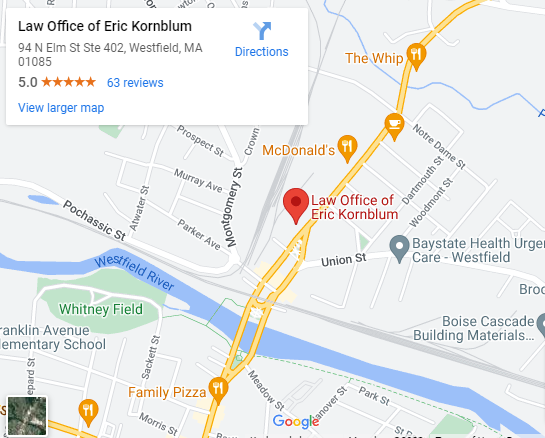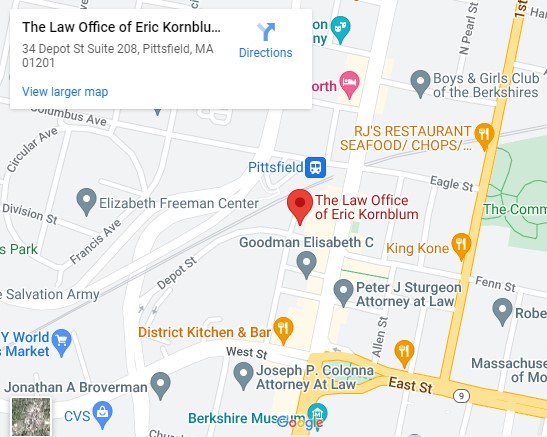You are undoubtedly well aware of how bankruptcy will affect your credit. In fact, you might not be filing because you fear the consequences that may come with bankruptcy. What effect does bankruptcy have on your credit score, then? Read through to learn how credit scores work and how bankruptcy can affect your credit.
Credit Scores: How Do They Work?
Let’s first examine the methodology used to determine your credit score. Every one of the three credit bureaus, Equifax and Experian—has a credit score for you. All of your lending activities are monitored by these bureaus. This covers how you use credit cards, whether you make timely payments, as well as your student, mortgage, auto, and other loans. The credit score, which runs from 280 to 850, takes into account every item the bureaus monitor.
The precise method by which the agencies determine a person’s credit score is confidential; they do this to ensure that, in principle, no one can manipulate the system. FICO made available some information about damage points or how much specific frequent occurrences may impact your credit score.
Your score impacts your access to many items. For instance, it will surface when you apply for a loan or credit card. They will examine your credit if you apply for a cell phone package or a rental unit. Some employers could even verify your test results whenever you search for a position.
Bankruptcy and Your Credit Score
FICO’s damage points state that the more scores you lose for declaring bankruptcy, the higher your beginning score must be. Declaring bankruptcy for a 680 credit score will reduce it by 130 to 150 points. If your credit score is 780, filing for any type of bankruptcy may cost you around 220 to 240 points. The lower the score, the lower the cost.
To put a foreclosure into perspective, if your score were 680, you would lose 85 to 105 points. You could choose between 140 and 160 points if your credit score were 780.
What effect does bankruptcy have on your credit score, then? The response is based on your starting point. Bankruptcy may not have any effect at all if your score was already meager due to accounts that were in default, were being withheld from your wages, or were subject to other credit issues. Additionally, filing for bankruptcy will eliminate the problems that continuously harm your credit score and enable you to repair your financial history.
Bankruptcy May Be Your Best Option
You must be able to pay off some of your debt in order to pursue any of the possibilities. It’s not always possible to do that. For instance, if you lost your work, you most likely don’t have the money or income to make a settlement payment or aggregate payments. If so, filing for bankruptcy might be your best course of action.
When declaring bankruptcy, you either give up your nonexempt property under Chapter 7 or consent to a three- to five-year repayment schedule under Chapter 13. Credit bureaus do not differentiate the various varieties of bankruptcy. The same rules that apply to Chapter 13 filings also apply to Chapter 7 filings. If your score were 680, either would cost you about 140 points. On a different note, if you submit a Chapter 7 bankruptcy petition, it will remain on your record for roughly 10 years. Using Chapter 13 will remain a public record for roughly seven years.
Remember that your score may be much lower than 680 if you have debt problems. If you have made several late payments, consolidated, or resolved some of your debt, you might not have a credit score to watch out for. If so, filing for bankruptcy can provide you with a fresh start.
Make a Wiser Choice on Your Next Action!
Credit scores are not the only thing on your mind if you’re in debt-related trouble. If you’re interested in learning more about your choices for dealing with debt, reach out to one of our bankruptcy attorneys in Springfield.

 MA bankruptcy lawyer Eric Kornblum graduated from State University of New York, Binghamton in 1989 and received his law degree in 1992 at Western New England College, School of Law. Since opening his own practice, Eric has been dedicated to helping his clients resolve their financial problems both in and out of court.
MA bankruptcy lawyer Eric Kornblum graduated from State University of New York, Binghamton in 1989 and received his law degree in 1992 at Western New England College, School of Law. Since opening his own practice, Eric has been dedicated to helping his clients resolve their financial problems both in and out of court. 
